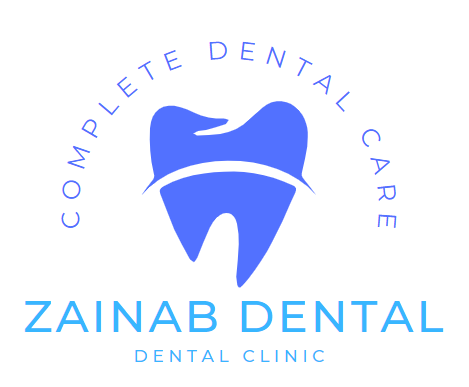Introduction: Understanding Dental Sealants and Their Importance
Dental sealants are a preventive measure that can help protect your teeth from decay. They are a thin, plastic coating that is applied to the chewing surfaces of your back teeth, where decay is most likely to occur. Dental sealants are an effective way to prevent cavities and maintain good oral health. In this article, we will explore what dental sealants are, how they work, and why you need them.
What Are Dental Sealants and How Do They Work?
Dental sealants are a protective coating that is applied to the chewing surfaces of your back teeth. The sealant material is a thin, plastic resin that is painted onto the teeth and then hardened with a special light. The sealant forms a barrier that protects the tooth enamel from decay-causing bacteria and acids.
The Benefits of Dental Sealants for Preventing Tooth Decay
Dental sealants are an effective way to prevent tooth decay. According to the Centers for Disease Control and Prevention (CDC), dental sealants can reduce the risk of cavities by up to 80% in the first year of application and continue to provide protection for up to 10 years. Sealants are particularly effective for children and teenagers, who are at a higher risk of developing cavities.
Who Can Benefit from Dental Sealants and When Should They Be Applied?
Dental sealants are recommended for children and teenagers as soon as their permanent molars come in, usually around age 6 or 7. Adults can also benefit from dental sealants, especially if they have deep grooves or pits in their teeth that are difficult to clean. Sealants can be applied at any age, as long as the teeth are free of decay or fillings.
The Procedure for Applying Dental Sealants: What to Expect
The process of applying dental sealants is quick and painless. The teeth are cleaned and dried, and an acidic solution is applied to roughen the surface of the tooth. This helps the sealant bond to the tooth. The sealant material is then painted onto the tooth and hardened with a special light. The entire process takes only a few minutes per tooth.
How Long Do Dental Sealants Last and How Often Should They Be Reapplied?
Dental sealants can last up to 10 years with proper care. However, they may need to be reapplied if they become chipped or worn. Your dentist will check the condition of your sealants at your regular dental checkups and recommend reapplication if necessary.
Are Dental Sealants Safe and What Are the Risks?
Dental sealants are safe and have been used for decades to prevent tooth decay. The sealant material is non-toxic and does not contain any harmful chemicals. However, there is a small risk of an allergic reaction to the sealant material. If you have a history of allergies, be sure to inform your dentist before getting sealants.
How Dental Sealants Can Save You Money in the Long Run
Dental sealants are a cost-effective way to prevent tooth decay. According to the American Dental Association (ADA), the cost of a sealant is much less than the cost of a filling or other restorative dental procedure. By preventing cavities, sealants can save you money on dental bills in the long run.
Dental Sealants vs. Fluoride: Which Is Better for Preventing Tooth Decay?
Both dental sealants and fluoride are effective ways to prevent tooth decay. Fluoride is a mineral that strengthens tooth enamel and can be found in toothpaste, mouthwash, and some drinking water. Dental sealants provide a physical barrier that protects the tooth enamel from decay-causing bacteria and acids. Your dentist may recommend both fluoride and sealants for maximum protection against cavities.
How to Care for Your Teeth After Getting Dental Sealants
After getting dental sealants, it is important to continue practicing good oral hygiene. Brush your teeth twice a day with fluoride toothpaste, floss daily, and visit your dentist regularly for checkups and cleanings. Avoid chewing on hard or sticky foods that can damage the sealants.
Frequently Asked Questions About Dental Sealants
Q: Are dental sealants only for children?
A: No, dental sealants can be applied to adults as well.
Q: Are dental sealants covered by insurance?
A: Many dental insurance plans cover the cost of dental sealants for children.
Q: Do dental sealants hurt?
A: No, getting dental sealants is a painless procedure.
Conclusion: Why Dental Sealants Are a Smart Investment in Your Oral Health
Dental sealants are a simple and effective way to prevent tooth decay and maintain good oral health. They are safe, cost-effective, and can last for up to 10 years with proper care. If you or your child are at risk for cavities, talk to your dentist about getting dental sealants. Investing in dental sealants now can save you money and discomfort in the long run.
